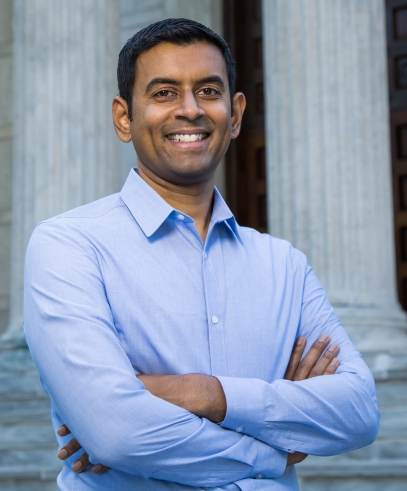How to pick your first research project
November 1, 2013 at 3:58 pm Leave a comment
At Princeton I get to advise many gifted graduate and undergraduate students in doing research. Combining my experience as a mentor with reflecting on my experience as a student, I’d like to offer some guidance on how to pick your first research project.
I’m writing this post because selecting a research problem to work on is significantly harder than actually solving it. I mean the previous sentence quite literally and without exaggeration. As an undergraduate and early-stage graduate researcher, I repeatedly spent months at a time working on research problems only to have to abandon my efforts because I found out I was barking up the wrong tree. Scientific research, it turns out, is largely about learning to ask the right questions.
The good news is that three simple criteria will help you avoid most of the common pitfalls.
1. Novelty. Original research is supposed to be, well, original. There are two components to novelty. The first is to make sure the problem you’re trying to solve hasn’t already been solved. This is way trickier than it seems — you might miss previous research because you’re using different names for concepts compared to the standard terminology. But the issue is deeper: two ideas may be equivalent without sounding at all the same at a superficial level. Your advisor’s help will be crucial here.
The other aspect to novelty is that you should have a convincing answer to the question “why has this problem not been solved yet?” Often this might involve a dataset that only recently became available, or some clever insight you’ve come up with that you suspect others missed. In practice, one often has an insight and then looks for a problem to apply it to. This means you have to put in a good bit of creative thinking even to pick a research question, and you must be able to estimate the difficulty level of solving it.
If your answer to the question is, “because the others who tried it weren’t smart enough,” you should probably think twice. It may not be prudent to have the success of your first project ride on your intellectual abilities being truly superlative.
2. Relevance. You must try to ensure that you select a problem that matters, one whose solution will impact the world directly or indirectly (and hopefully for the better). Again, your advisor’s help will be essential. (That said, professional researchers do produce massive volumes of research papers that no one cares about.) I encourage my students to pick subproblems of my ongoing long-term research projects. This is a safe way to pick a problem that’s relevant.
3. Measurable results. This one becomes automatic as you get experienced, but for beginning researchers it can be confusing. The output of your research should be measurable and reproducible; ideally you should be able to formulate your goals as a testable hypothesis. Measurability means that many interesting projects that are novel and make the world better are nevertheless unsuitable for research. (They may be ideal for a startup or a hobby project instead.) “Build a website for illiterate kids in poor countries to learn effectively” is an example of a task that’s hard to frame as a research question.
Irrelevant criteria. Let me also point out what’s not on this list. First, the general life advice you often hear, to do something you’re passionate about, is unfortunately a terrible way to pick a research problem. If you start from something you’re passionate about, the chance that it will meet the three criteria above is pretty slim. Often one has to consider a dozen or more research ideas before settling on one to work on.
You should definitely pick a research area you’re passionate about. But getting emotionally invested in a specific idea or research problem before you’ve done the due diligence is a classic mistake, one that I made a lot as a student.
Second, the scope or importance of the problem is another criterion you shouldn’t fret much about for your first project. Your goal is as much to learn the process of research as to produce results. You probably have a limited amount of time in which you want to evaluate if this whole research thing is the right fit for you. While you should definitely pick a useful and relevant research task, it should be something that you have a reasonable chance of carrying to fruition. Don’t worry about curing cancer just yet.
Note that the last point is at odds with advice given to more experienced researchers. Richard Hamming, in a famous talk titled “You and your research,” advised researchers to pick the most important problem that they have a shot at solving. I’ve written a version of the current post for those who’re in it for the long haul, and my advice there is to embrace risk and go for the big hits.
To stay on top of future posts, subscribe to the RSS feed or follow me on Twitter or Google+.
Entry filed under: Uncategorized. Tags: advice.

Subscribe to the comments via RSS Feed